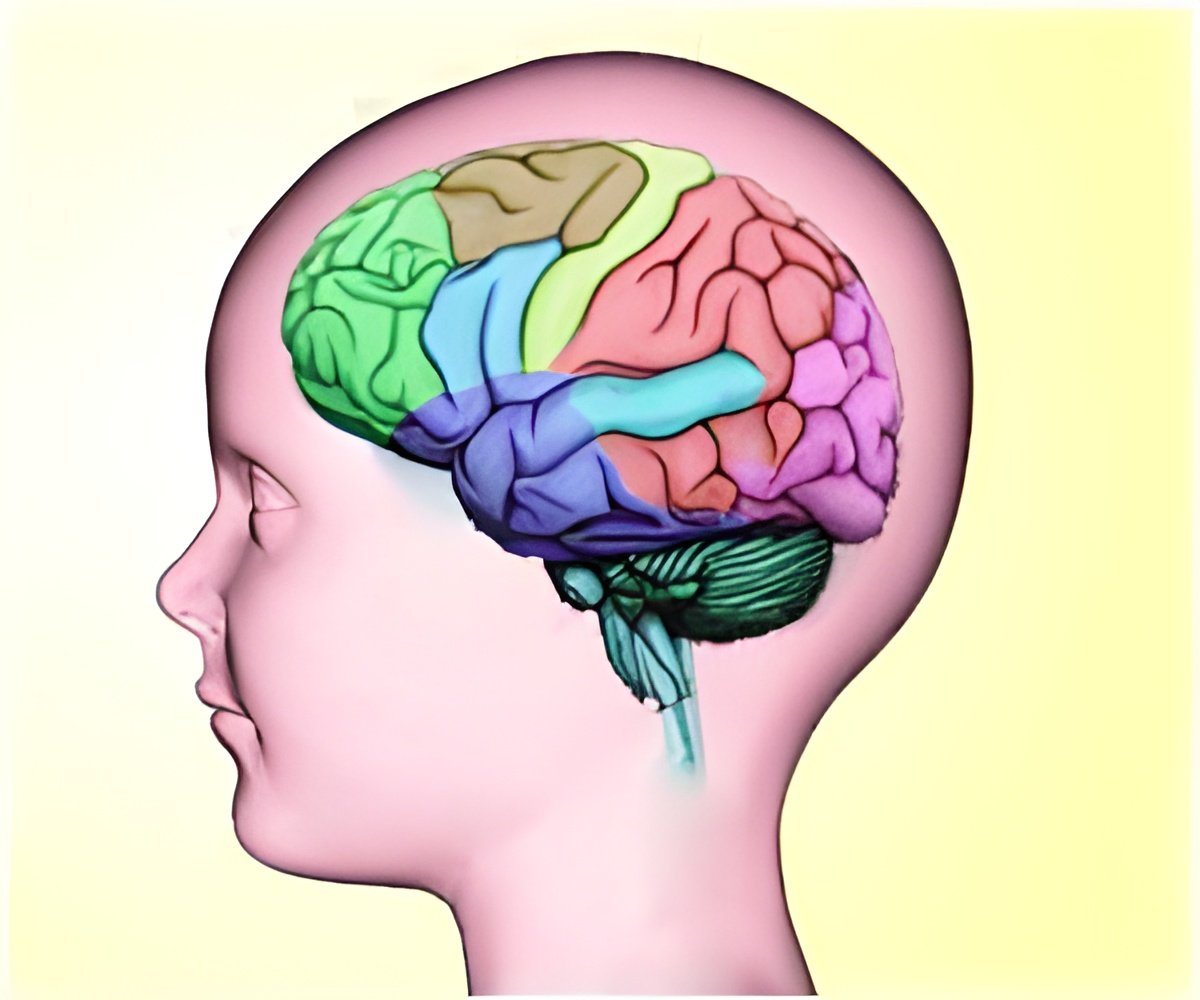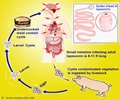Onset of epilepsy during childhood triples the long term mortality risk. Epilepsy-related mortality is higher than originally estimated.

The study has also given facts worth a smile. ‘More than half of the children with epilepsy will outgrow it, and those people are not at risk for SUDEP,’ studies reveal. The results were published in the New England Journal of Medicine.
It is now obvious that we really need to look into this disease more seriously. The study raises the question of how aggressive epilepsy treatment should be. A risk-benefit assessment of epilepsy surgery should be done for individual patients. In cases where the mortality risk is so high it might be better to perform a surgery irrespective of the operative risk, even if the patient may not become seizure free following the operation. The current study thus makes us ponder about the kind of vigour that we attach to treating seizures. Those seizures that can be curbed by timely medications or surgeries do not increase the long term mortality.
The findings underline the need for neurologists to introduce the difficult reality to their patients. In addition to the advices regarding lifelong medication and risks for child-bearing, the risk of death should also be explained. People should be motivated to comply with their medications and try as hard as they can to get seizures under control.
Reference: The New England Journal of Medicine
Source-Medindia















